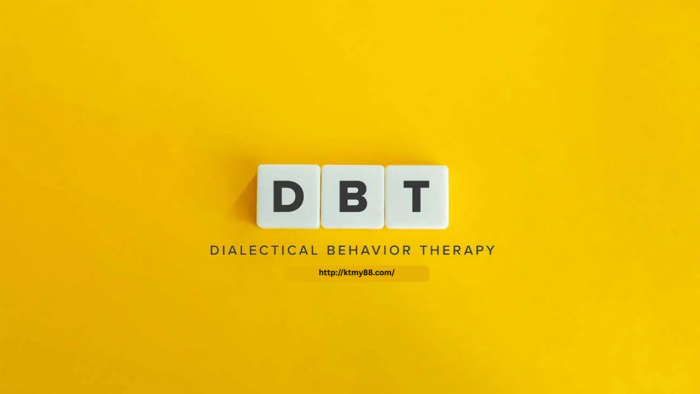
Recovery from substance abuse is a multifaceted process that involves physical, emotional, and psychological healing. While detoxification and medication-assisted treatment address the physical dependence on substances, therapy plays a critical role in addressing the underlying emotional and behavioral issues that contribute to addiction. Among the many therapeutic modalities used in substance abuse treatment, Cognitive Behavioral Therapy (CBT) and Dialectical Behavior Therapy (DBT) stand out for their effectiveness. This article explores the role of these and other therapeutic approaches in supporting long-term recovery.
Cognitive Behavioral Therapy (CBT)
CBT is one of the most widely used and evidence-based therapies for treating substance abuse. It is based on the idea that negative thought patterns contribute to self-destructive behaviors. Through CBT, individuals learn to identify and change these patterns, develop coping strategies, and build healthier behaviors.
In substance abuse recovery, CBT helps individuals:
- Recognize triggers that lead to substance use
- Understand the consequences of their behavior
- Develop coping mechanisms to handle stress and cravings
- Build problem-solving and relapse prevention skills
CBT is typically structured and goal-oriented, making it a practical tool for individuals at various stages of recovery.
Dialectical Behavior Therapy (DBT)
Originally developed to treat borderline personality disorder, DBT has proven effective in helping individuals with substance use disorders, particularly those who struggle with emotional regulation and impulsivity. DBT combines cognitive-behavioral techniques with mindfulness practices and focuses on building four key skills:
- Mindfulness – Becoming more aware of the present moment
- Distress Tolerance – Learning to tolerate and survive crises without resorting to substances
- Emotion Regulation – Understanding and managing intense emotions
- Interpersonal Effectiveness – Developing healthy communication and relationship skills
DBT is especially beneficial for individuals with co-occurring mental health conditions and those who have experienced trauma.
Motivational Interviewing (MI)
Motivational Interviewing is a client-centered approach that helps individuals explore and resolve ambivalence about changing their behavior. Rather than confronting the individual, MI uses empathy and open-ended questions to elicit motivation and commitment to recovery. It is often used in the early stages of treatment to encourage individuals to engage in therapy and commit to the recovery process.
Group Therapy
Group therapy provides a supportive environment where individuals can share experiences, gain perspective, and develop a sense of community. Group sessions foster connection and accountability, which are vital for recovery. Many people in recovery find strength in knowing they are not alone and benefit from the insights and encouragement of others.
Family Therapy
Substance abuse affects not only the individual but also their loved ones. Family therapy involves addressing dysfunctional dynamics, improving communication, and rebuilding trust. It helps families understand addiction as a disease and equips them with tools to support their loved one’s recovery without enabling harmful behaviors.
Conclusion
Therapy is a cornerstone of effective substance abuse treatment. Whether through CBT, DBT, or other modalities, therapy helps individuals understand the roots of their addiction, develop coping skills, and build a foundation for lasting recovery. A comprehensive approach that includes therapy can transform lives, fostering resilience and hope in the journey toward sobriety.